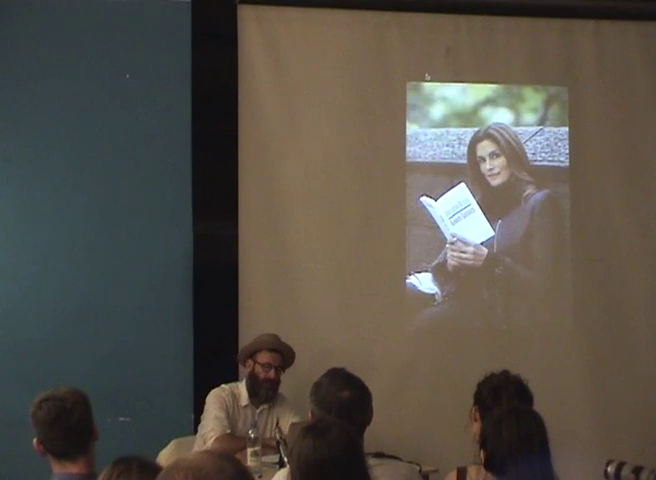With the rise of the Web, writing has met its photography. And by that I mean writing has encountered a situation similar to what happened uh, to painting with the invention of photography. A technology so much better at replicating reality that in order to survive, painting had to ors— or, uh, alter its course radically.
Archive (Page 2 of 2)
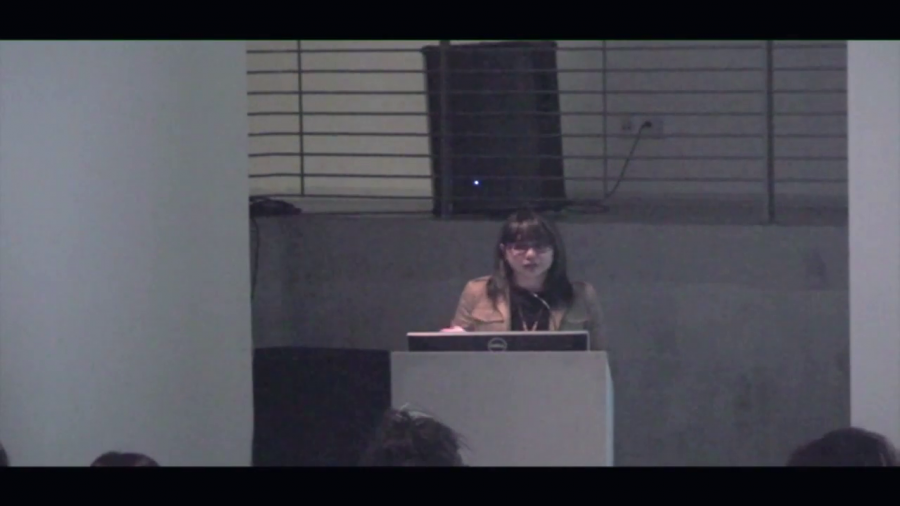
When we think about network graphs and we talk about how the network effects that make up an important part of how social movements and how information is distributed online, there’s this assumption in those visualizations that every node in that network is equal. But very often, and you can slice data in many different way, the languages that we speak actually limit the networks that we have access to and that we’re interacting with.
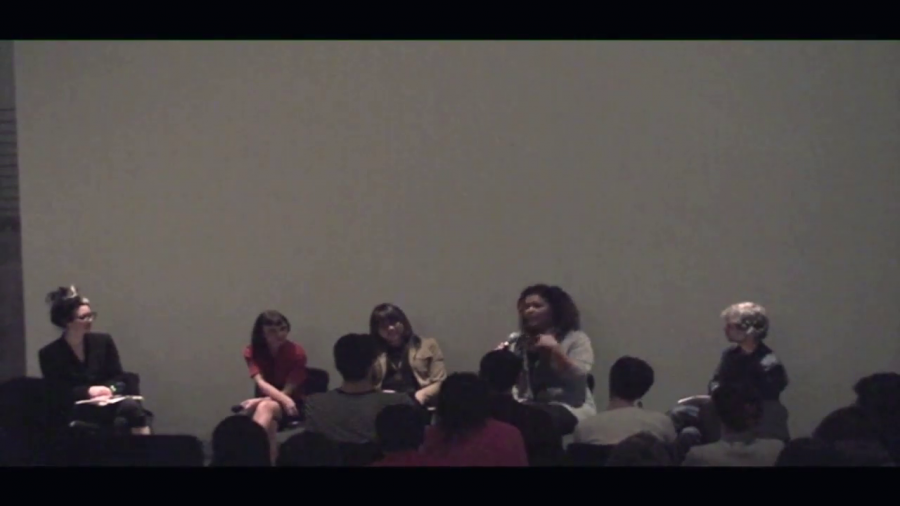
I think that we need a radical design change. And I might ask if I were teaching an HCI class or design class with you, I would say, “How are you going to design this so that not one life is lost?” What if that were the design imperative rather than what’s your IPO going to be?
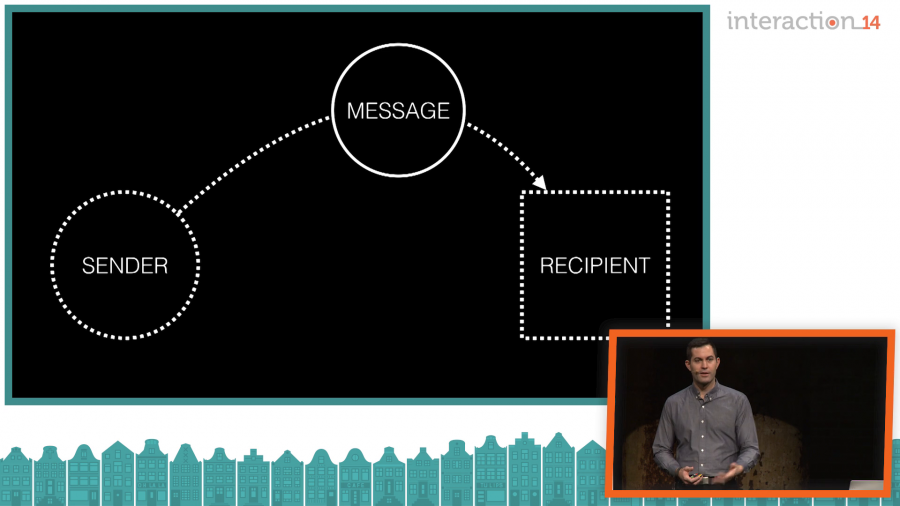
You have to think with your users, with your customers, what is your actual relationship? Are they your gods? Are they your guests? Are they a nuisance to you? Because you know where the power is.
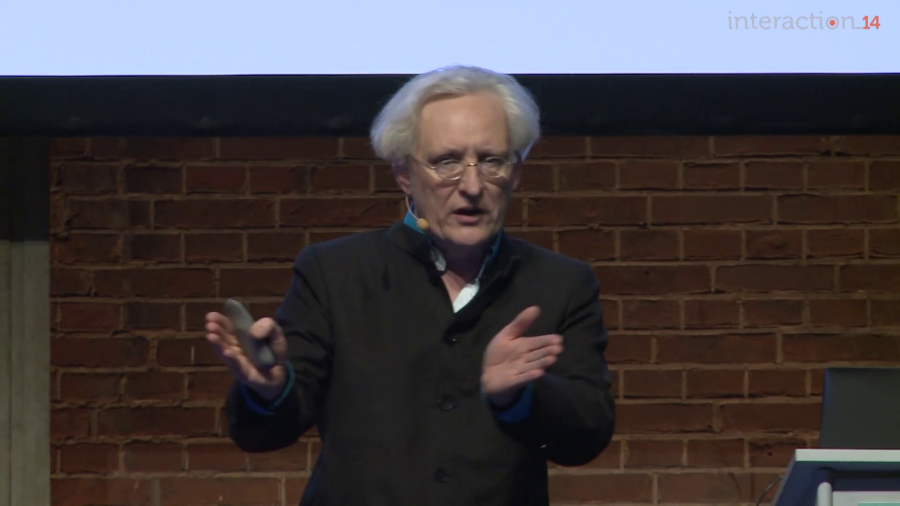
The computer is being used for so many things that I claim that we have to consider the computer as part of our extended phenotype. It’s just a part of a thing that has evolved with us using memes.
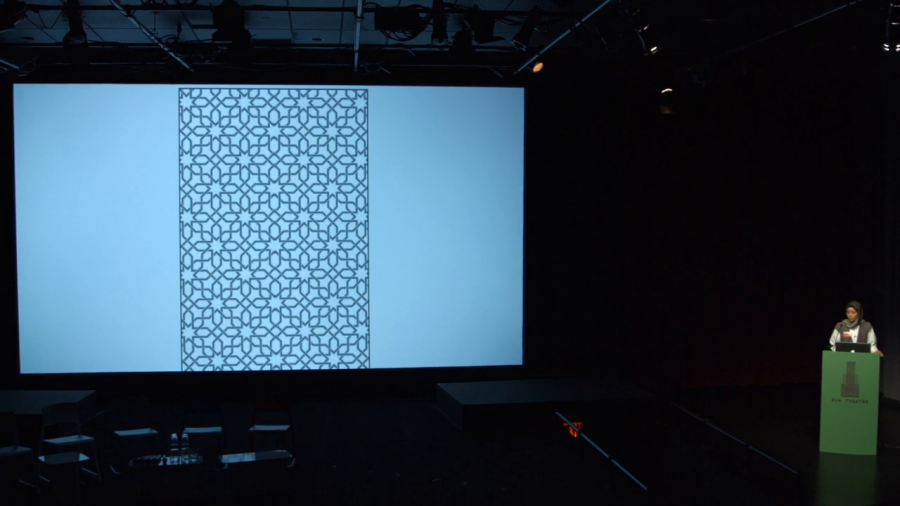
If you are given the task to lecture on design somewhere in the Middle East, do you think you’ll need to tailor your approach? Maybe think about your references, the language, the vastly different background? The answer most probably is “yes.” But the reality of design education in the Middle East, and more specifically the Gulf Region, prove otherwise.
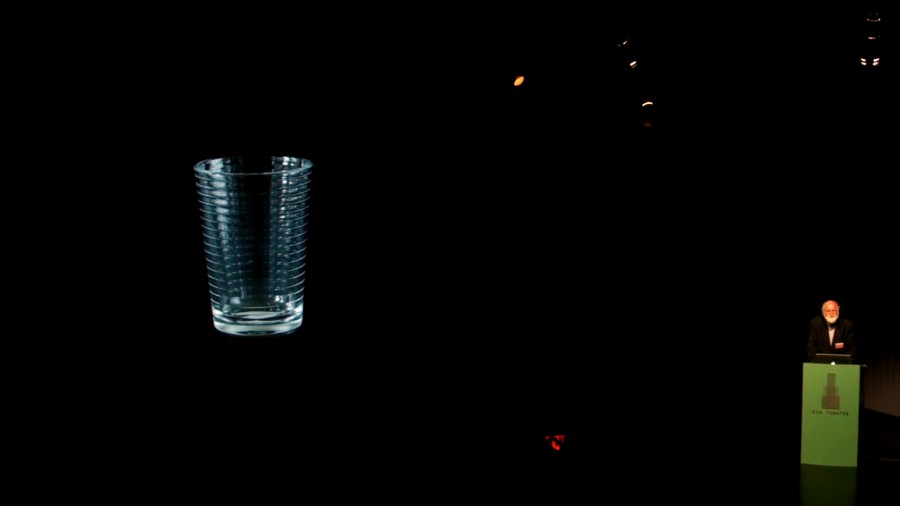
So that’s what we’re trying to do, I think, we devotees who write about the designed and pen-outlined world. We’re just wrapper-uppers at Crate and Barrel. We’re packagers, temporary packagers. And our chosen packing medium—sentences, paragraphs—sometimes obscures as much as much as it helps us see.
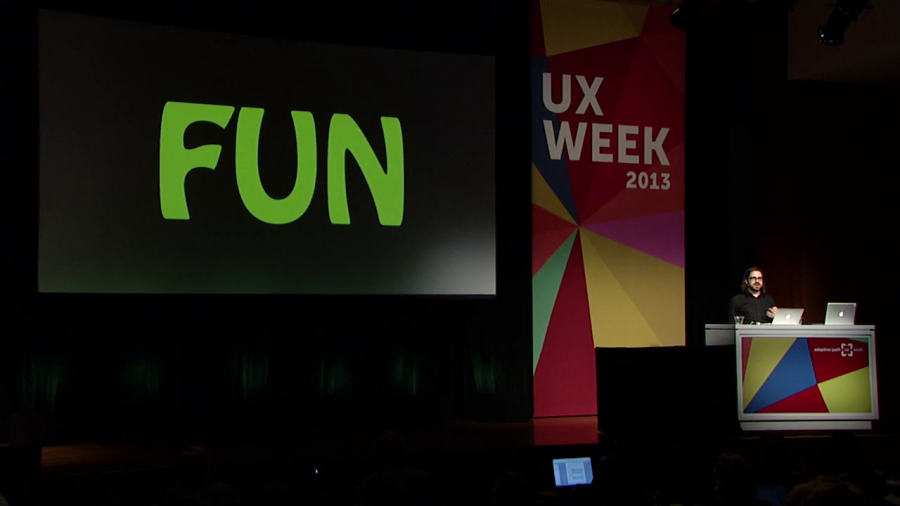
What if we arrive at fun not through expanding the circumstances that we’re in in order to make them less wretched, but actually by embracing the wretchedness of the circumstances themselves? What if, in a literal way, fun comes from impoverishment, from wretchedness?
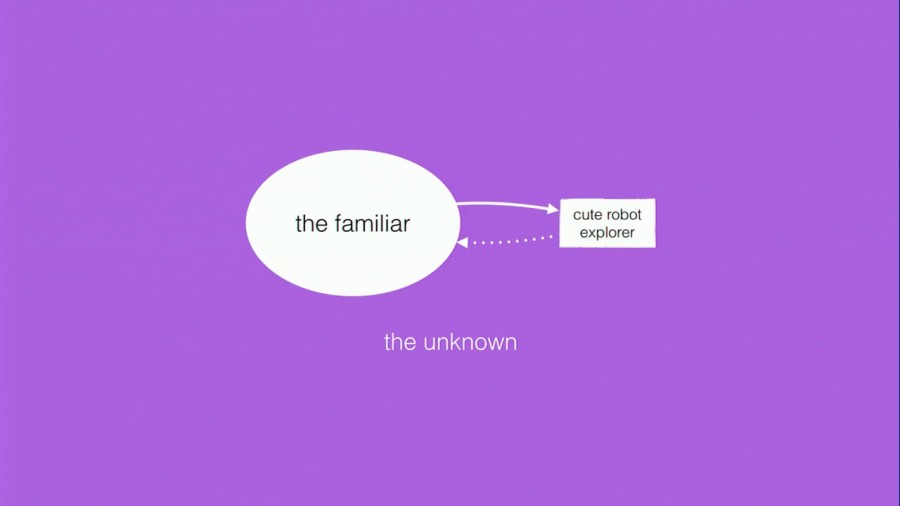
I’ve made it my goal as a computer poet not to imitate existing poetry but to find new ways for poetry to exist. So what I’m going to do in this talk is take this metaphor of exploring literature to its logical conclusion.

If we think that the rebellion changes the world, does it really matter what the time scale is? It doesn’t have to be an overnight overthrow. It can be the steady remaking of the world through pure force of conviction, like water wearing away stone. We have slow food, we have slow fashion, why can’t we have slow rebellion?

